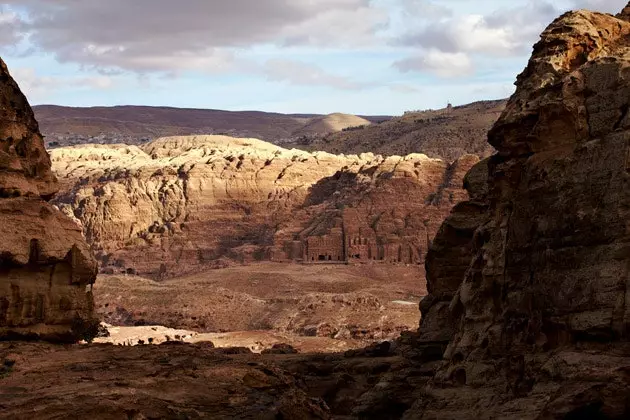
Social media helped unearth (even more) Petra's charms
Of course, FITUR had to be the place for the debate and so it was, organized by the UNWTO and the ** Arab House **. Yesterday, representatives of each of the countries met to discuss the strategies for reactivating tourism in their territories. was the jordanian Taleb Rifai the one that began the presentations emphasizing the data issued on Tuesday ( the area recovered by 9% in 2012 , returning to 2010 levels) : “North Africa's resilience and recovery capacity is a historic issue. We are currently facing a contained demand but we are already used to dealing with the crisis. We know how to diversify and adapt... Furthermore, we cannot afford to be pessimistic ”.
LIBYA, STARTING FROM ZERO
Ikram Bash Imam certainly not pessimistic. The Libyan Minister of Tourism She is the first to be in charge of reestablishing a tourist flow in her country after 42 years of closure. A country with five places that are World Heritage Sites, virgin beaches, the Sahara desert and its oases and a vast history of which Roman, Greek, Phoenician vestiges remain... Everything, completely isolated for 42 years , away from the world.
Bash Imam speaks confidently: " we must show the new Libya , the window of Africa from Europe”, returning to the spirit that was breathed in the 60s, when Libya was a strong tourist destination. To do this, he proposes a three-axis plan: a training program , create new infrastructures (“in Libya we have a lot of virgin territory since the hotels built were only for the enjoyment of the Government”, commented the Minister) and creating a safe environment “Because weapons have been seen on television in the street, a regime had to be overthrown and it had to be done that way; not now".
The Minister calculates that it will take three years to reach the desired situation in the country, always with an open attitude towards inspectors, investors, etc. from foreign countries: “Before we went hand in hand with other countries and now too”.
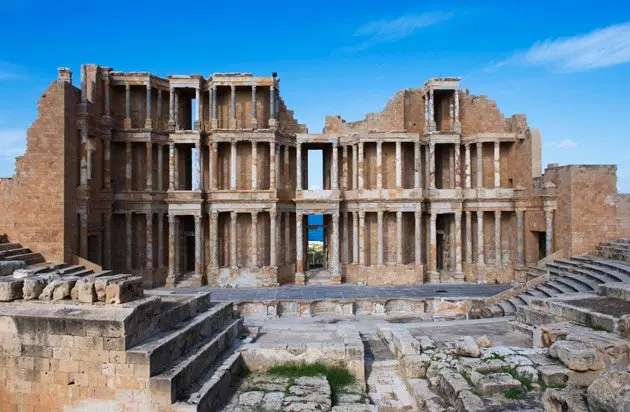
Libya is a destination yet to be exploited after 42 years of closure
TUNISIA, SHOCK THERAPY
Tunisia was the breeding ground for the Arab Spring with the Jasmine Revolution and the first win with the overthrow of the Zine El Abidine Ben Ali government. Since the end of 2010, hotel overnight stays fell by 40% and some 200,000 jobs were lost in the country's tourism sector.
Current landscape? That 40% of overnight stays has recovered, imitating the levels of that 2010. Where is the key? Habib Ammar, Director General of the Tunisian National Tourist Office, revealed the secrets of this success, of this recovery of almost two thirds of tourism in his country in just one year: shock therapy.
The first step towards recovery was an invitation to political and economic journalists to the country when the revolution was still in its infancy and, despite having the occasional security problem, "the result was positive" (it is obvious). The second step involved a change of promotion strategy : “we realized the sensitivity of the countries that generate tourism to the images that were released of Tunisia... so we covered other markets, such as Russia ”. The last play? The definitive one and in which the country is immersed: restore air travel.
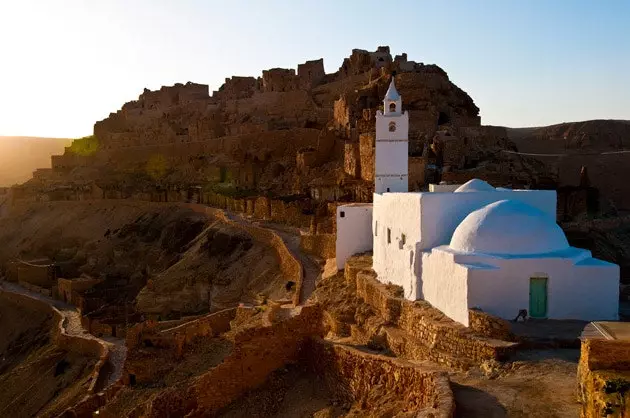
Tunisia, recovering two thirds of tourism
EGYPT, JUMPING THE QUICKSAND
Of the four countries sitting around the discussion table, Egypt it is the one that shows a situation of violence in the country . However, in 2012 and according to UNWTO data, tourism in the country has grown by 17% in 2012.
"We still don't have a solid ground on which to stand to lay out an effective plan in a longer narrative." Amr El-Ezabi , Advisor to the Egyptian Minister of Tourism, was cautious in his words, but made it very clear that “in Egypt we have 5,000 years of history and many destinations still to be developed”. Egypt's main line of action at a time still in turmoil is stepping on safe ground . And that land is tour operators : “they account for 70% of the flights arriving in Egypt”.
And beyond, What are the quicksands, what challenges does Egypt have to face to stay? "Egyptian tourism is schizophrenic and now we are faced with answering the questions posed by the revolution." Undoubtedly, the common battle horse in all countries is the perception of tourists and how to change the projected image of north africa abroad. ** **
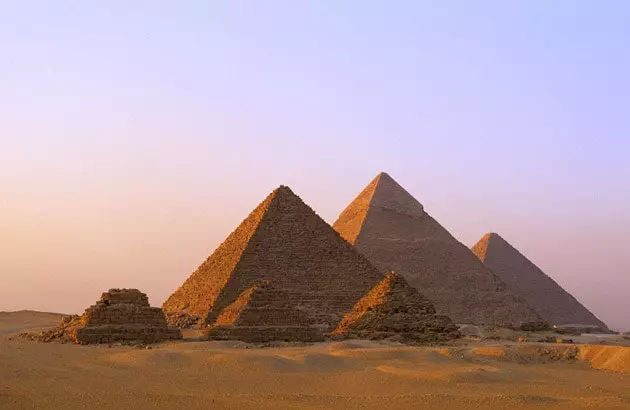
Egypt, convulsive, schizophrenic... essential
** JORDAN , TRUST IN WORD-OF-MOUTH**
Social networks and new technologies. These are the great pillars of tourism promotion that Jordan has carried out in recent years, it is the outpost of north africa. Abdelrazzaq Arabiyat , Director General of the Jordan Tourism Board, commented that by conducting a study on the perception of Jordan on the Internet, they realized that social networks could change the opinion of target tourists by up to 30%.
Solution? Get a Facebook... and invite 700 journalists to explore the other side of the country : “we focus on ecotourism, on adventure... people prefer live experiences. The tourist no longer goes to see and take pictures; the tourist wants to do”. But beyond offering another type of tourism beyond the cultural, Jordan turned the tables: "we tried to see the positive side of the Arab Spring by launching a campaign, 'Tourist Spring', in all social networks, applications for all devices...”, commented Arabiyat. A media bombardment who had his reward increasing by a 6% arrivals in the country.
Jordan is currently working on its third line of attack: reach Asian and Latin American economies . To this end, the Jordan Tourism Board will organize a conference in Petra in June 2013 that will unite Arab tourism ministers with, presumably, fifteen Latin American representatives. Diversify or die.
*You may be interested...
- Everything you need to know about FITUR 2013
-Tourism challenges to deal with in 2013
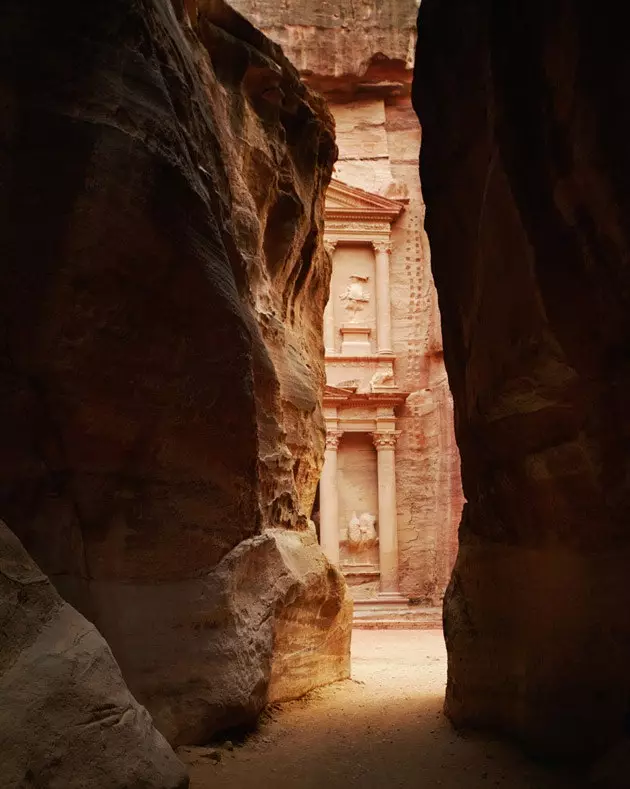
Jordan: a media bombardment that has had an effect
